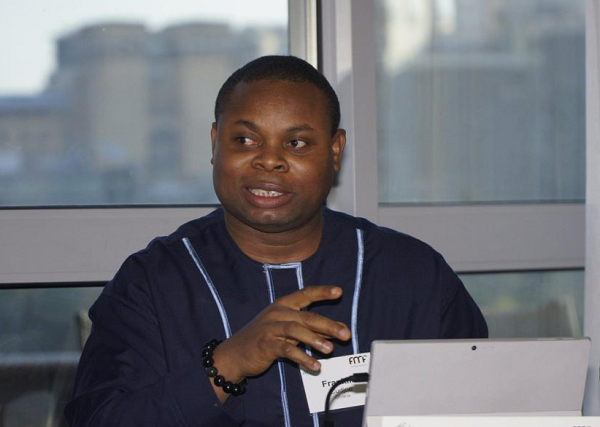
IMANI scores Akufo-Addo gov’t 48.78% on election promises
An assessment of the performance of the New Patriotic Party (NPP) government in terms of the fulfillment of election manifesto promises has revealed that 48.78 per cent of the manifesto promises have either been fully or partially fulfilled over the past three years.
The report by IMANI Ghana, a think tank, indicated that 27 per cent of the 510 promises the party made in its 2016 manifesto had been fully fulfilled, with an additional 21.75 partially kept.
The think tank, however, said 51.22 per cent of the promises had not been touched at all or had been given very little attention.
This was made known at a forum held in Accra on Wednesday at which the think tank launched the report dubbed “Imanifesto 2019 – a report card on the delivery of the NPP government’s manifesto.”
Launch
The event brought together officials from ministries, departments and agencies (MDAs), political parties, civil society organisations (CSOs) and the diplomatic corps.
Advertisement
The report, which the think-tank described as “satisfactorily weak”, assessed the performance of the government in five thematic areas - the economy, governance, social services, human capital investment and infrastructure development.
It was jointly presented by the Head of Research at IMANI, Mr Patrick Stephenson, and two other researchers, Mr Dennis Asare and King Carl Tornam.
Details
According to the report, the economy recorded the highest overall performance with 54.35 per cent of the promises fulfilled, while infrastructure and governance followed with 47.75 and 46.21 per cent.
The social services sector recorded 44 per cent, with human capital development which has education and health in its basket, having 39.13 per cent of promises fulfilled.
Touching specifically on the economy, the research indicated that out of the 162 promises that were made by the NPP in 2016, 41 of them had been fully implemented, 101 partially fulfilled, while 20 had not been initiated at all.
It indicated that 87 of those promises were in the general economy, 54 in the agriculture sector and 21in the tourism industry.
On governance, the report said the government’s promise to establish the Office of the Special Prosecutor (OSP), ensure the passage of the Right to Information (RTI) law had been fully implemented.
However, it said the promise to bring back the people’s assembly gathering, undertake legal reforms to asset declaration, ensure the enforcement of the Public Procurement Act and the promise to oversee the election of metropolitan, municipal and district chief executives (MMDCEs) were yet to be implemented.
The report said 32 promises were made in the education sector, with 31 others in the health sector, but 12 of such promises had been fully implemented as of now while 27 each had been partially kept or not initiated at all.
Prudence
A Senior Research Fellow at IMANI, Mr Kofi Bentil, said the revelations in the report showed that politicians had misplaced priorities and did not think through some of the promises they made.
He said for instance that there was no point promising to restore the nursing and teacher trainee allowances.
“The government made a manifesto promises to restore the nursing and teacher training allowances and once it is in the manifesto, whether it makes economic sense or not, it has to be implemented.
“The government used our taxes to fulfill that promise when it could have been used to do more pressing things,” he said.
Mr Stephenson said the findings of the report were a wake-up call for the government to put its act together and deliver on the promises it made to the people.
He said it was also a strong message to political parties and politicians to be measured by the promises they made to the people during elections.
